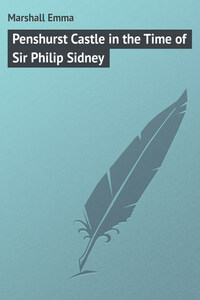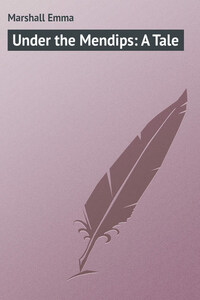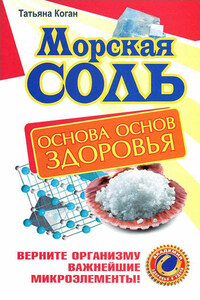'She was right faire and fresh as morning rose,
But somewhat sad and solemne eke in sight,
As if some pensive thought constrained her gentle spright.'
Spenser.
1581. – 'There is time yet ere sunset; let me, I pray you, go down to the lych gate with the wheaten cake for Goody Salter.'
'Nay, Lucy; methinks there are reasons for your desire to go down to the village weightier than the wheaten cake you would fain carry with you. Rest quietly at home; it may be Humphrey will be coming to let us know if Mr Sidney has arrived at Penshurst. Why such haste, little sister?'
'Because I do covet a place where I can witness the grand tourney at Whitehall. It may suit your mood, Mary, to live always on this hilltop, with naught to see and naught to do; with no company but a cross-grained stepmother, and the cows and sheep. I am sick of it. Even a run down to the village is a change. Yes, I am going; one hour, and I will be back.'
Mary Gifford laid a detaining hand on her young sister's shoulder.
'Have a care, dear child, nor let your wild fancies run away with your discretion. Am I not one who has a right to caution you? I who have come back as a widow to my old home, bereft and lonely.'
'Because you married a bad man, and rued the day, it is no reason that I should do the same. Trust me, good sister. I may be young, but I have my wits about me, and no soft speeches catch me in a net.'
The elder sister's beautiful face, always grave and mournful in its earnestness, grew even more mournful than was its wont, as she looked down into her sister's lovely eyes, and kissed her forehead.
'Child, I pray God to keep you safe; but the net you speak of is not spread in the sight of any bird, and it is captured all unawares.'
Lucy's answer was to return her sister's kiss with a quick, warm embrace, and then she was off, with the basket on her arm, and her glad, young voice ringing out, —
'Good-bye! good-bye! I'll be back in an hour.'
Mary Gifford stood under the old stone porch, watching the light figure as it tripped away, and then was turning into the house again, when a sharp voice she knew too well called, —
'Lucy! Lucy! Where's that hussy? There's two pails of milk to set for cream in the pans, and the cakes are scorching before the fire. Lucy! Where's Lucy?'
Mary Gifford did not reply to the question, but said, —
'I will go to the dairy, mother, and see to the milk.'
'And take your boy with ye, I'll warrant, who will be up to mischief. No, no; it's Lucy's work, and she shall do it. It will be bedtime before we know it, for the sun is going down. Lucy!'
This time a child's voice was heard, as little feet pattered along the terrace outside Ford Manor.
'Aunt Lou is gone,' the child said. 'I saw her running down the hill.'
'Is she? She shall repent it, then, gadding off like that. More shame to you,' Mrs Forrester said wrathfully, 'to let her go, Mary, and cheat me by not telling me the truth. You want the child to go to ruin as you did yourself, I suppose.'
Mary Gifford's face flushed crimson, as she said, —
'It ill becomes my father's wife to taunt his daughter, when he is not here to defend her. Come with me, Ambrose, nor stay to listen to more hard words.'
But the child doubled his small fists, and said, approaching his grandmother, —
'I'll beat you. I'll kill you if you make mother cry! I will, you – '
'Hush, my little son,' Mary said, drawing the boy away. 'It is near thy bedtime. Come with me; nor forget thy manners if other folk are not mindful of theirs.'
The tears of mingled sorrow and anger were coursing each other down Mary Gifford's face, but she wiped them hastily away, and, putting her arm round the child, she led him up the narrow stairs leading from the large kitchen to the room above, where she sat down, with Ambrose clasped close to her heart, by the square bay window, which was flung open on this lovely April evening.













